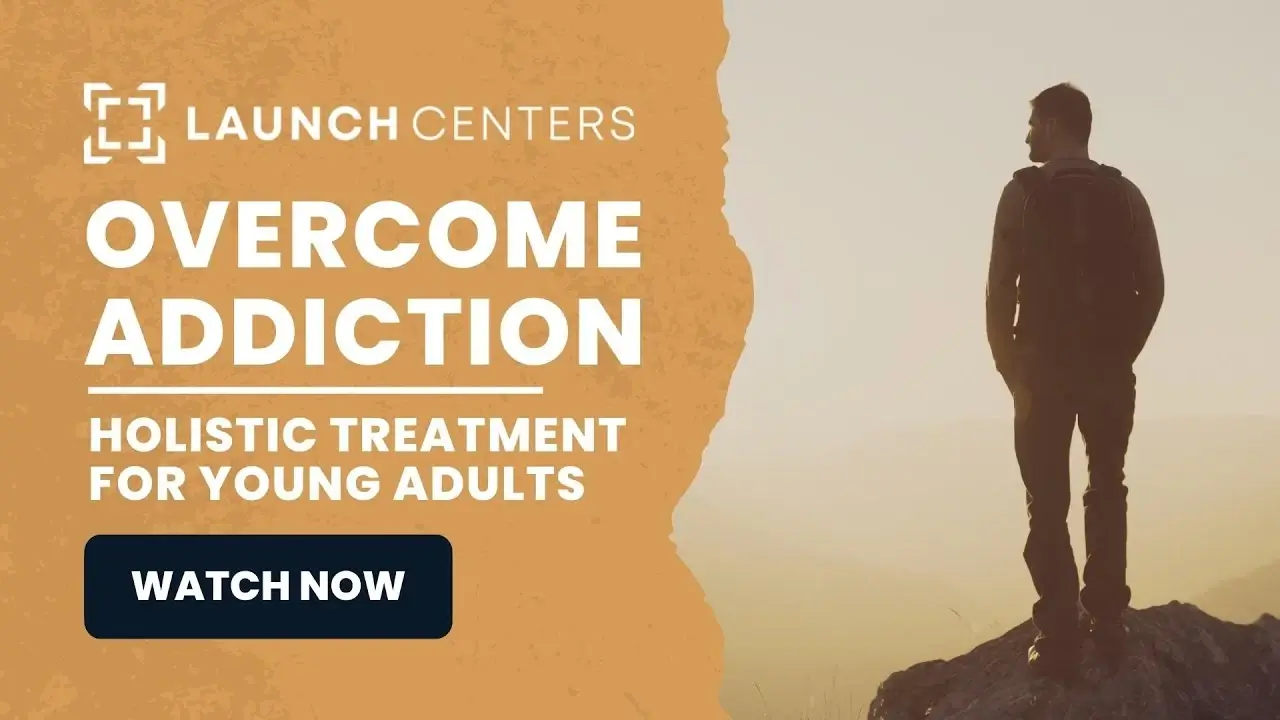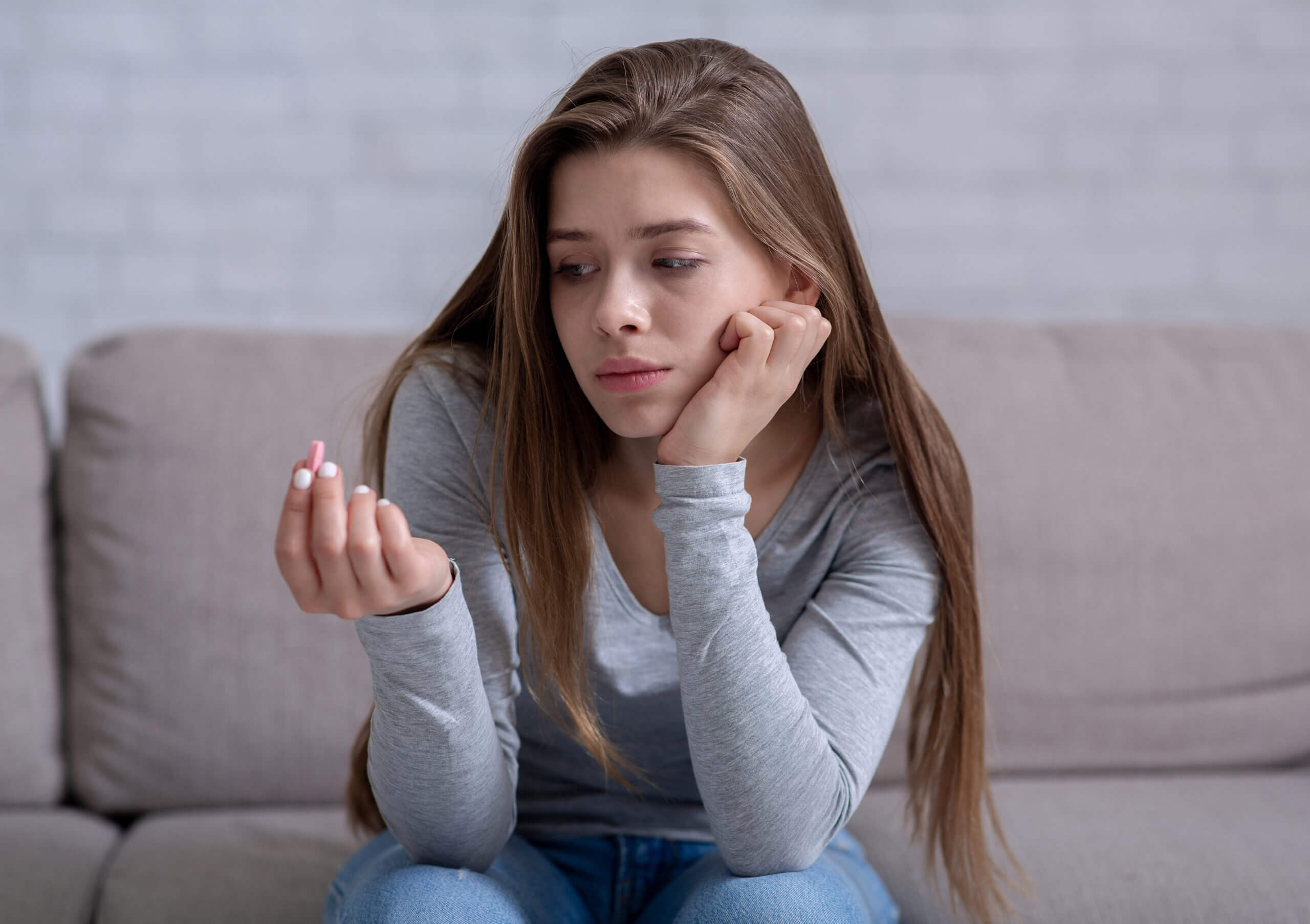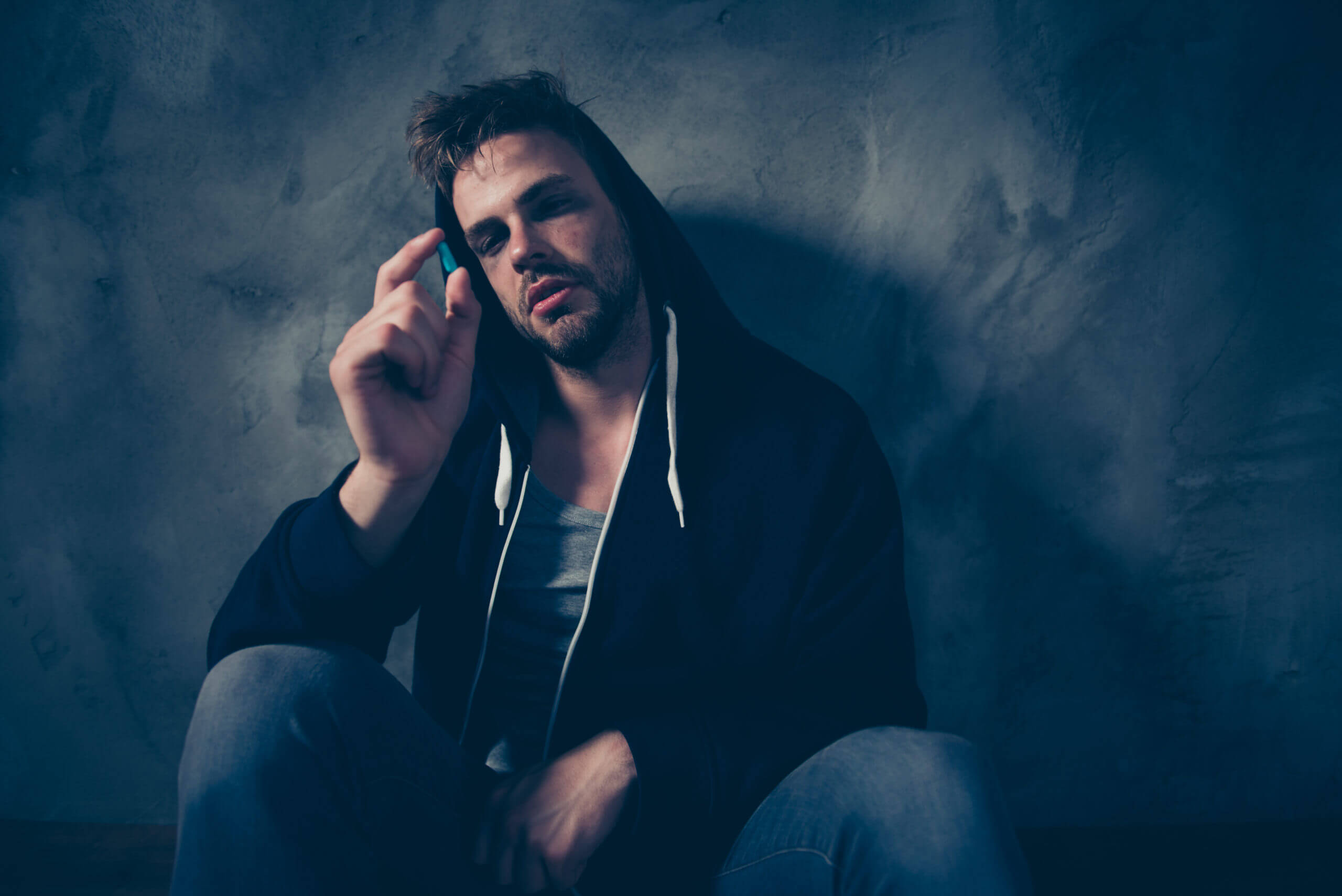
Sleeping Pills Addiction Treatment In Los Angeles

Sleeping Pill Addiciton
Prescription sleeping pills are sedative medications that help slow down brain activity and make it easier for someone to fall asleep and stay asleep. Mostly, sleeping pills are used to treat insomnia, one of the most common sleep disorders among adults, but sleeping pills can also be used to treat other sleep disorders, like restless leg syndrome. Unfortunately, sleeping pills can be extremely addictive, and sleeping pill addiction is common in today’s day and age.
Sleeping Pill Addiction In California
The Substance Abuse and Mental Health Services Administration (SAMHSA) reported that in 2019, 4.9% of California residents aged 12 and older reported misusing prescription sedatives in the past year. In 2020, SAMHSA reported that 2.2% of individuals aged 12 or older (6.2 million people) reported misusing tranquilizers or sedatives in the past year.
Risk Factors for Sleeping Pill Addiction?
About 4% of the U.S. population uses sleeping pills each month. Women are more likely than men to use prescription sleeping pills as well. Caucasian men and women as well as older, more educated consumers are the most likely to take a prescription sleep med. These demographic groups, since they are the most exposed to sleeping pills, are also the most likely to struggle with sleeping pill addiction. However, young college-aged consumers are likely to abuse sleeping pills too. An estimated half a million people in the U.S. currently abuse sleeping pills. Ambien is the most common sleeping pill medication responsible for ER visits related to sleeping pill abuse and overdose.
Dangers Of Mixing Sleeping Pills
Sleeping pills can have dangerous reactions with other medications or substances, potentially leading to overdose and death.
Alcohol
Alcohol and sleeping pills both have a sedative effect that can cause drowsiness and impair cognitive function. If used excessively in combination, they can result in extreme sedation and even respiratory suppression, leading to fatal consequences. Additionally, the combination of these two substances can make it difficult to concentrate and perform everyday tasks.
Painkillers
Although painkillers such as opioids are useful in managing pain, combining them with benzodiazepines and sedative-hypnotics is extremely dangerous. This is because both substances can affect cognitive function, alertness, respiratory function, and result in an overdose.
Signs and Symptoms of Sleeping Pill Addiction
Because sleeping pills are a legal prescription, many people are misinformed about the risks of taking the pills. A lot of insomnia patients may think that a legal prescription like sleeping pills can’t be addictive, but that’s not true.
Misuse of the pills and long-term use of sleeping pills increases someone’s chances of becoming physically dependent and psychologically addicted to sleeping pills. Since people take the pills as part of a nightly routine, it can be difficult for them to realize they have a physical dependence on the drugs. Below are some of the common signs of sleeping pill addiction:
- Developing a tolerance to the drug and requiring ever-increasing doses to get the same effect
- Taking more sleeping pills than prescribed without input from a doctor
- Attempting to quit or cutback, but being unable to
- Experiencing withdrawal symptoms when quitting or cutting back
- Using the pills, but forcing themselves to stay awake to get “high.”
- Cravings for sleeping pills
- Doctor shopping to get more prescriptions
- Continued use of sleeping pills despite negative consequences
- Memory loss
- Engaging in risky behaviors while on sleeping pills, like driving
Sleeping pill addiction is a severe problem. It can increase the chances of fatal falls and accidents or overdose. While insomnia may be a terrible condition to have, overmedicating with sleeping pills, or replacing insomnia with an addiction disorder is not the answer. Fortunately, there is help for people with insomnia and sleeping pill addiction.
Are you or a loved one struggling with cravings and withdrawal symptoms from sleeping pill misuses? We can help. Contact the dedicated addiction counselors at Launch Centers today to explore your treatment options.
Sleeping Pill Addiction Treatment
Launch Centers proudly offers various evidence-based treatment approaches for individuals struggling with sleeping pill addiction.
- Partial Hospitalization Program (PHP) – This program offers a structured and intensive level of care, usually for several hours a day, several days a week, but still allows clients to return home at the end of the day.
- Intensive Outpatient Program (IOP) – IOP is a more flexible program that provides more flexibility than PHP, allowing individuals to attend treatment sessions for a few hours per week while still managing their daily responsibilities. It includes group therapy, individual therapy, and family therapy.
- Outpatient Program – This program allows clients to attend therapy sessions once a week or as needed while still maintaining their daily routine. It offers the least intensive level of care among the three.
- Life Skills & Career Development – This program teaches life skills and career development to young adults in recovery from sleeping pill addiction to improve their social skills and career development once they leave treatment.
In addition to these programs, Launch Centers offers various therapy modalities, including:
- Cognitive Behavioral Therapy (CBT) – CBT helps clients identify and change negative thought patterns and behaviors.
- Dialectical Behavioral Therapy (DBT) – DBT focuses on teaching clients mindfulness, emotional regulation, and interpersonal skills.
- Experiential Therapy – This fun and exertive therapy method encourages clients to engage in physical activities to process and express emotions.
- Eye Movement Desensitization and Reprocessing (EMDR) – This therapy method clients process traumatic events and reprocess negative memories through eye movement and bilateral stimulation.
- Trauma-Informed Care – This treatment approach recognizes and responds to the impact of trauma on individuals, exploring the underlying causes behind addiction and mental health issues.
- Emotion-Focused Therapy – This therapy model helps clients identify and regulate their emotions and improve interpersonal relationships.
Are you or a loved one struggling with cravings and withdrawal symptoms from sleeping pill misuses? We can help. Contact the dedicated addiction counselors at Launch Centers today to explore your treatment options.







